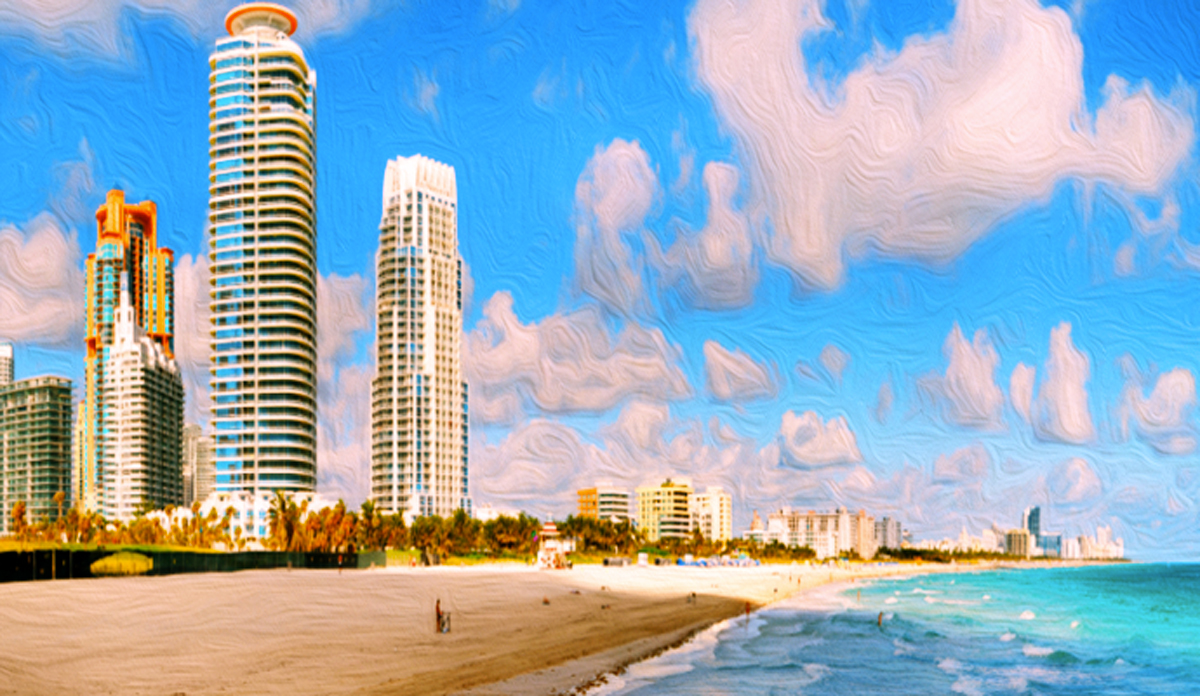Trending
Miami Beach’s short-term rental fines challenged on constitutional grounds
Property owner is claiming city's fines are "excessive punishment"

A Miami Beach property owner is accusing the city of engaging in discriminatory practices when it comes to cracking down on short-term rentals.
Natalie Nichols filed a civil rights lawsuit in Miami-Dade Circuit Court on Wednesday, alleging the city’s practice of levying five-figure fines on some residents who list their properties on Airbnb and other home-sharing websites violates the Florida Constitution.
Nichols wants a permanent injunction that would prevent the city from fining property owners like her who want to offer short-term rentals. “I feel strongly that this is a violation of my constitutional rights,” she said. “There is a silent majority in Miami Beach that want short-term rentals. But people are afraid to come forward.”
Nichols’ complaint hinges on an exception the city carved out for a section of North Beach. Specifically, properties fronting Harding Avenue from 73rd to 87th streets, including buildings east of Harding and an alley on the west side of the avenue, the lawsuit states.
In October 2016 — ten months after the city raised short-term rental fines from $1,000 a day to $20,000 for the first offense — Miami Beach made it legal for owners of historic buildings along Harding to offer short-term rentals. Preservationists and developers supported the measure, believing it would motivate property owners to renovate and maintain old buildings.
The exception created an elite tier of short-term rental landlords and an unfair playing field in Miami Beach’s home-sharing industry, Nichols’ lawsuit alleges. “Owners enjoy a significant advantage over those property owners who are not allowed to conduct short-term rentals,” the lawsuit states. “Not only is property more valuable where short-term rentals are permitted, but North Beach owners also enjoy much less competition under the current scheme, and can accordingly charge higher prices.”
Nichols also claims the city’s fines are “excessive punishment” under the Florida Constitution. The city’s short-term rental ban has been in effect since 2010. In March 2016, the commission passed a new ordinance that slaps some short-term rental violators with a $20,000 fine for the first offense, $40,000 for the second, $60,000 for the third and $80,000 for the fourth. After the fourth violation, each subsequent offense is a whopping $100,000.
“Miami Beach is legally authorized to create an alternative code enforcement system (which it has done so), and thus, is not obligated to comport to those monetary limitations set forth in the Florida statute,” said city spokesperson Melissa Berthier. She declined further comment because the city has not been served the lawsuit.
Prior to the new ordinance, Nichols had been fined $3,000 for renting out her properties for six months or less. In 2004, she bought a single-family home at 1531 Stillwater Drive where she has lived in, as well as rented out on a short-term and long-term basis, Nichols’ lawsuit states. Two years later, she purchased a four-unit single-story building completed in 1949 that was intended and permitted for short-term rental use, according to the complaint. Up until 2010, she could legally offer both properties, which border Biscayne Bay, to short-term renters.
Nichols said she previously made about $14,000 a month renting the Stillwater Drive house on a short-term basis. She is currently residing in the home, but she has it listed for rent at $7,500 a month for a period of six months or longer. “My mortgage, taxes and insurance costs me $9,500 a month,” Nichols said. “I am still going to lose money to the tune of $2,000 a month.”
She said she stopped offering the house and the four-plex to short-term renters and took both properties off Airbnb since the city raised its fines two years ago. “A bunch of other owners are still doing short-term rentals under the table,” Nichols said. “People are not looking to break the law. They really need that money. It is a matter of surviving or selling and leaving.”
City documents show Miami Beach has issued $12.1 million in fines, but has only collected $174,000.
Nichols is being represented pro-bono by the Goldwater Institute, a national nonprofit civil rights organization that focuses on protecting the rights of property owners who want to engage in home-sharing. Ross Milroy, a Miami Beach real estate broker, connected Nichols with Goldwater.
Milroy said he has been studying the city’s short-term rental crackdown the last two years and had been trying to identify a property owner who was willing to take on the Miami Beach bureaucracy.
“Natalie fit the mold perfectly and had a story to tell,” Milroy said. “I found out that more than 80 percent of the city’s tax base comes from non-homesteaders. These are real estate investors who own residential properties. This is who the ordinance is really hurting.”




